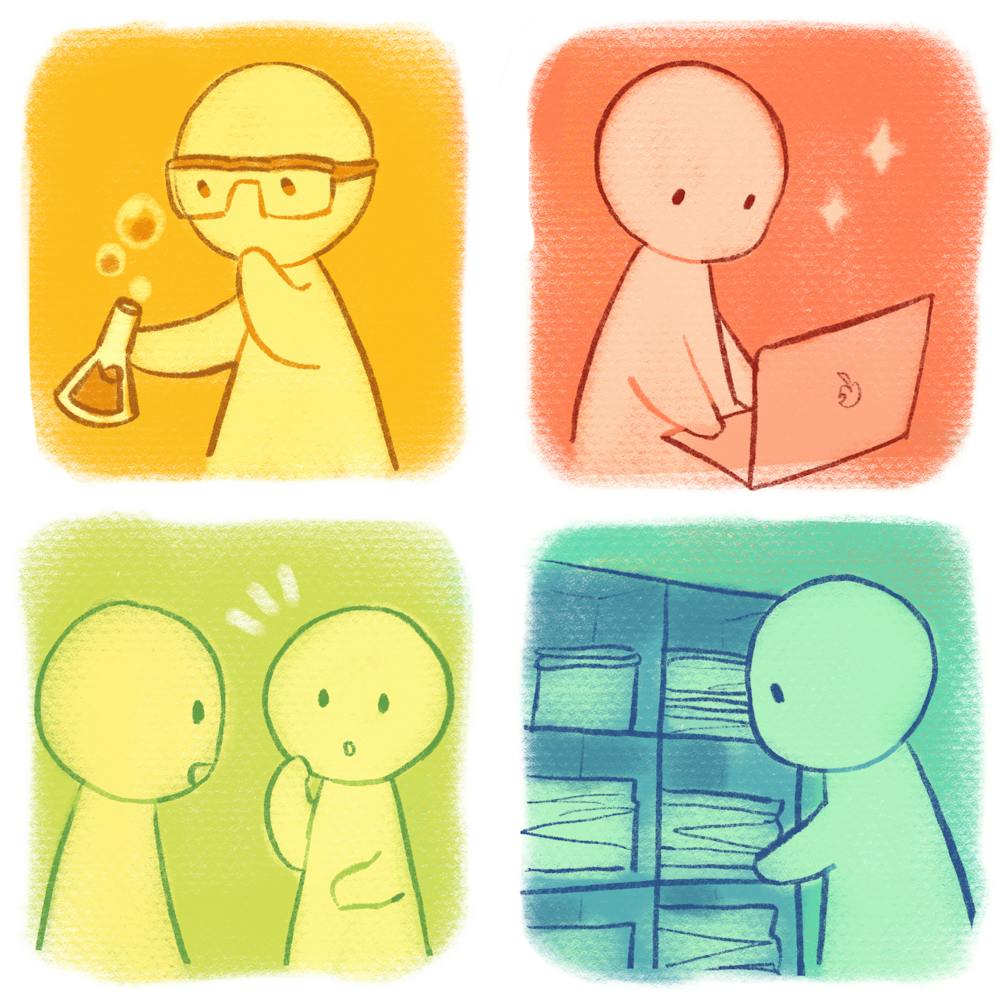For two weeks over winter break, Brown students completed Careers in the Common Good Virtual Winternships — remote internship experiences with different nonprofits and social enterprises focused on topics ranging from human rights to river restoration.
Ethan Kim ’28 interned for The Spring Institute for Forests on the Moon, a nonprofit organization headquartered in France focused on accessible space education and “ethically advancing life in space,” according to their website. His internship involved conducting outreach to local schools to help recruit contestants for the nonprofit’s space hackathon.
“I was able to show up to my old high school as a sort of a recruiter for the hackathon,” Kim said. “That was quite wholesome.”
Because his Winternship was remote, Kim woke up at 7:30 a.m. and typically worked seven to nine hours a day. Kim was one of three Brown students interning at the institute and is continuing with them as a volunteer this semester.
Eighty student interns like Kim completed a Careers in the Common Good Virtual Winternship this January, according to Gregory Seiler and Kris Tangen, the associate and assistant directors of student exploration, respectively. The Center for Career Exploration designates Careers in the Common Good as any position associated with organizations focused on social impact, according to their website.
“The Center for Career Exploration wants to give students the opportunity to learn about a new industry or organization, gain new skills, make new connections and have a tangible project to complete within a short period of time,” Seiler and Tangen wrote in an email to The Herald.
All students who completed a Winternship were given a $300 base award with supplemental awards available “depending on the level of demonstrated University financial need,” they explained.
Halfway across the globe, Isabella Collins ’26 completed her Winternship while in Colombia. She interned for Iona Senior Services, a Washington, D.C. nonprofit that provides services and events — ranging from yoga classes to community dining halls — for older populations.
“I just wanted to do something during my winter break,” she said.
Although the Winternship is not related to her intended career path, Collins said she still “learned a lot” from the experience. Primarily, she assisted with outreach to health organizations, churches and similar groups. “So many people replied, and that was really nice,” she said.
The Winternship program has an acceptance rate of approximately 50%, Seiler and Tangen wrote. In October 2024, interested students applied for a January 2025 Winternship with any of the 37 host organizations.
The program first began in 2014 and became remote after the pandemic, with the “unintended consequence” that more organizations and students were able to participate, Seiler and Tangen explained.
Last winter break, Siddharth Singh ’26 did a Winternship with the Eleison Foundation, a nonprofit organization that provides resources to victims of gender-based violence and human trafficking. He researched grant opportunities to help fund Eleison’s programs and condensed research papers into flyers.
Although Singh says he is a “big fan” of in-person work, he appreciates the mentors he connected with during the Winternship. Participating in the internship virtually was “honestly a lot better than I thought it would be,” he added.
Kim found that conducting sponsorship and partnership outreach for The Spring Institute for Forests on the Moon was “tough” to do within two weeks. “You really have to hit the ground running,” he said.
But “I like that I wasn’t just rotting over the winter,” Kim added.
“You sign up for a mini experience, and you get a mini experience,” Collins said. “I felt like I actually made a positive impact.”

Kate Rowberry is a senior staff writer at The Herald.





